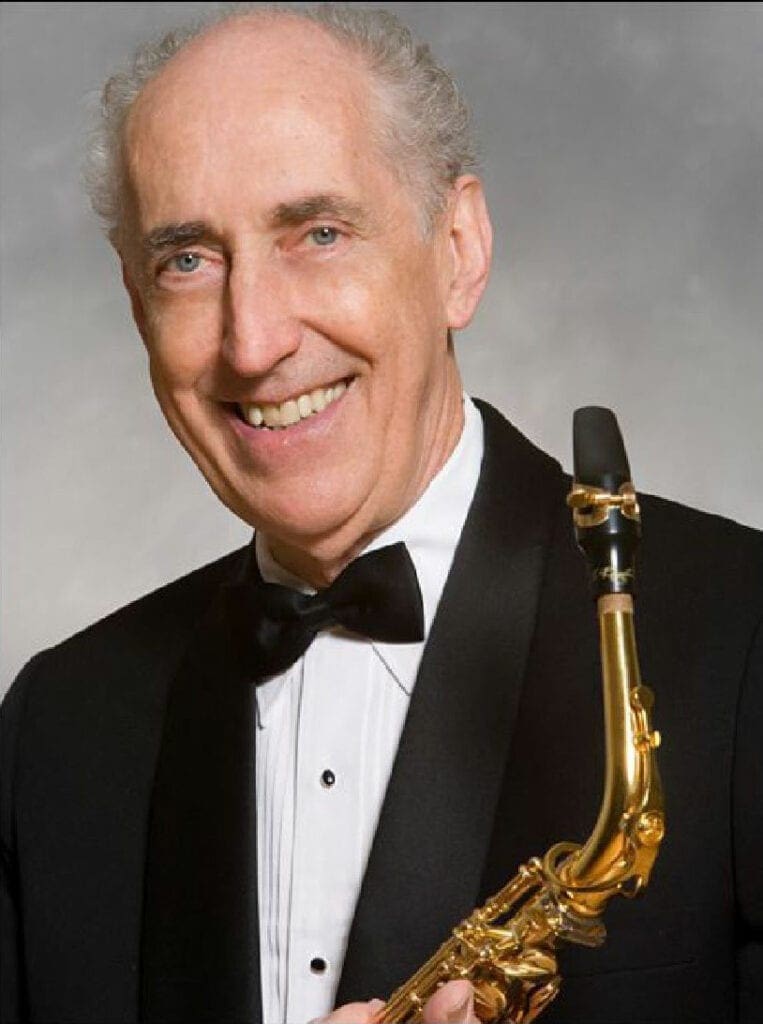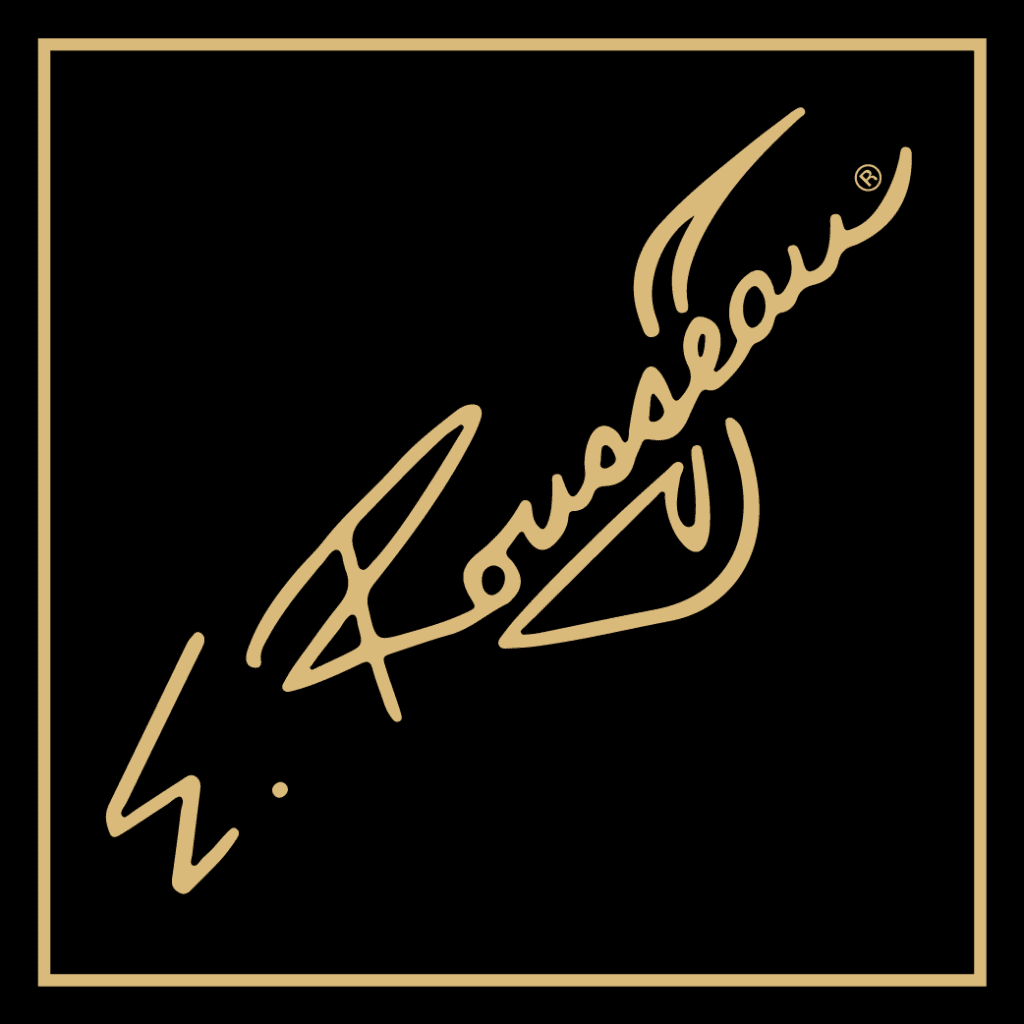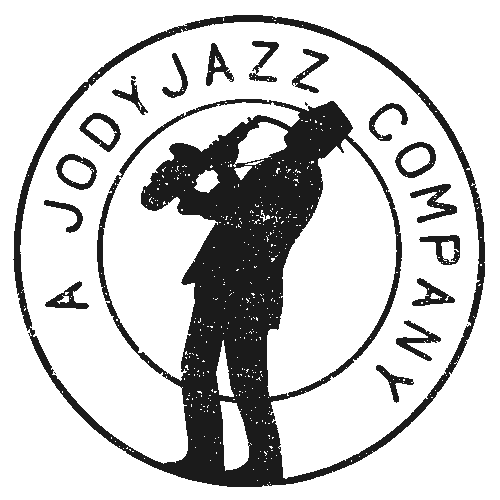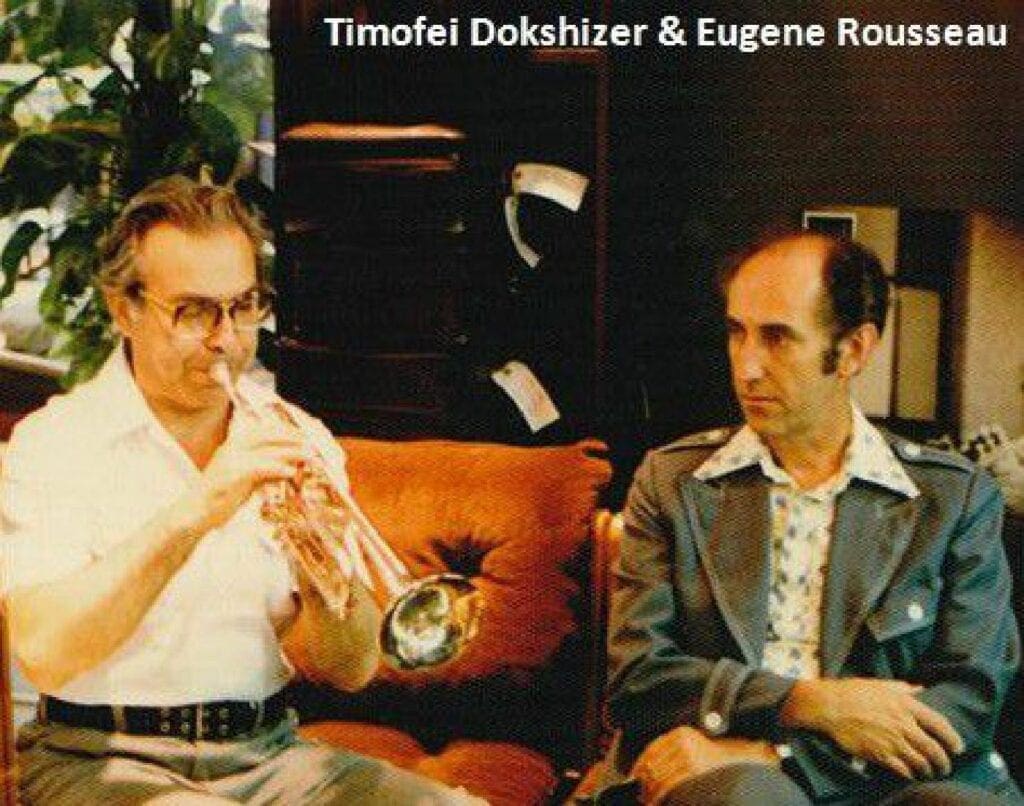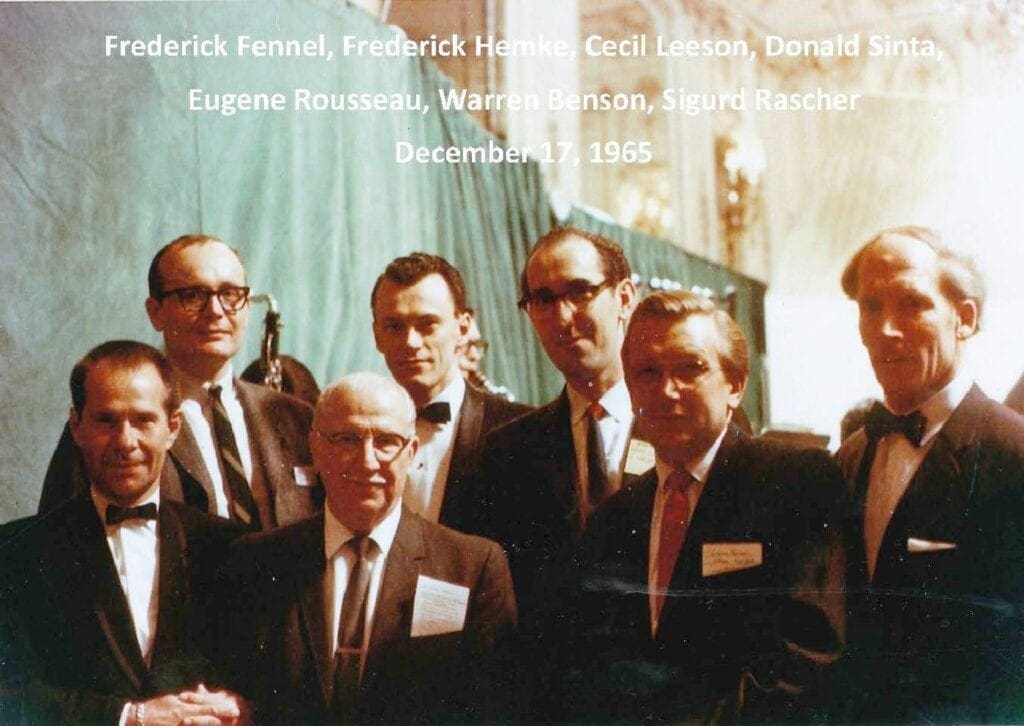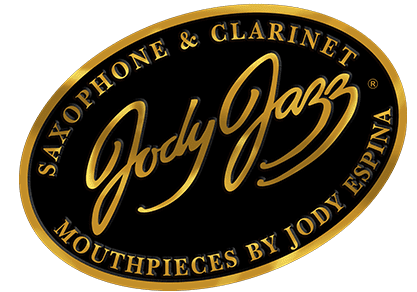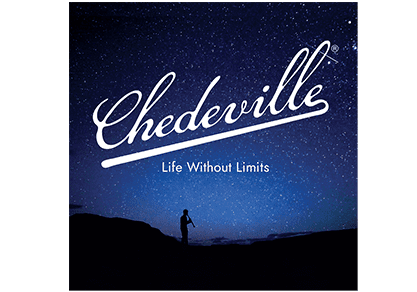Recognitions and Awards
Awarded: Kappa Kappa Psi Orpheus Award, 2006
Awarded: Honorary Professor, Instituto G. Braga (Italy), 2001
Awarded: Distinguished Alumni Citation, University of Iowa, 1998
Awarded: Honorary Life Membership: North American Saxophone Alliance, 1998
Awarded: Edwin Franko Goldman Memorial Citation by American Bandmasters Association, 1995
Awarded: Honorary Faculty Member, Prague Conservatory, 1993
Awarded: MTNA Teacher of the Year, 1993
Awarded: “Distinguished Professor of Music” at Indiana University, 1988
Awarded: NEA Commissioning Grant, 1986
Awarded: Grant from lREX to be Guest Professor at Prague Conservatory, 1985
Awarded: Grant from IREX for saxophone research, 1983
Awarded: Fulbright Scholarship for study with Marcel Mule in Paris, 1960
Elected: President, Organizing Committee, World Saxophone Congress XIII, Minneapolis, 2003
Elected: President, Comité International du Saxophone, 1982
Co-founder: World Saxophone Congress, Chicago, 1969
Appointed: Artist-in-Residence, Unversity of Nebraska, 1999
Appointed: Artist-in-Residence, Arizona State University, 1996
Appointed: Consultant, L’Université de Montreal, 1986
Appointed: Vienna: Guest Professor, Hochschule für Musik, 1982
Appointed: Artistic Advisor: Santiago Philharmonic Orchestra, 1982
Appointed: Vienna: First Teacher of Saxophone, Hochschule für Musik, 1981
Appointed: Chief Consultant for Saxophone Research and Development, Yamaha Corporation, Ltd., Japan, 1972
Appointed: Consultant: L’Université de Montreal, 1980
Appointed U.S. Representative to International Trade Fair, West Africa, 1963 (link to PDF)
Appointed: Assistant Band Leader, Instructor, 25th Infantry Division Band, U.S.Army, 1955-56
First: Saxophone recital at Mozarteum Conservatory. Salzburg, 1993
First: Saxophone Master Course at Mozarteum Summer Academy, 1991
First: Solo saxophone recital, Hong Kong, 1990
First: Saxophone album on compact disc (Delos), 1984
First: American to present solo saxophone recital in Japan (Tokyo), 1984
Featured: Panel Discussion “The History of American Classical Saxophone Pedagogy” with Debra Richtmeyer, Frederick Hemke and Steven Mauk, North American Saxophone Alliance Conference, 2014
Featured: Public Interview, World Saxophone Congress, St. Andrews, Scotland 2012
Featured: Keynote Speaker: Iowa Bandmasters Convention, 2005
Featured: “Adventures in Good Music” with Karl Haas (NPR: August 31), 2000
Featured: Video, Yamaha Living Legends Series: Eugene Rousseau, 1999
Featured: on NPR’s “Performance Today” and “Morning Edition,” 1994
Featured on National Public Radio’s “Morning Edition,” 1988
Featured: Video, Steps To Excellence, Saxophone, Yamaha International Corp. Musical Instrument Div. in cooperation with Indiana Univ. Television, 1986
Achievement: Publication Saxophone Artistry: Performance and Pedagogy, 2013
Achievement: Seventieth visit to Japan, 1998
Achievement: Fortieth visit to Japan, 1988
Achievement: Twenty-fifth visit to Japan, 1983
Jury Member: Josip Nochta International Saxophone Competition, Jurist, Zagreb, Croatia 2014
Jury Member: Coleman Chamber Music Competition 2005
Jury Member: Fischoff International Chamber Music Competition 2005
Jury Member: Fischoff International Chamber Music Competition 2003
Jury Member: Munich International Competition ARD, Saxophone, 2001
Jury Member: Fischoff International Chamber Music Competition 1999
Jury Member: Adolphe Sax International Competition, 1998
Jury Member: Japan National Wind and Percussion Competition, 1996
Jury Member: Munich International Competition ARD, Clarinet, President of the Jury, 1992
Jury Member: Munich International Competition ARD, Oboe, President of the Jury, 1991
Jury Member: Munich International Competition ARD, Flute, 1990
Jury Member: CASS Competition, London, 1986
Jury Member: Munich International Competition ARD, Clarinet, 1982
